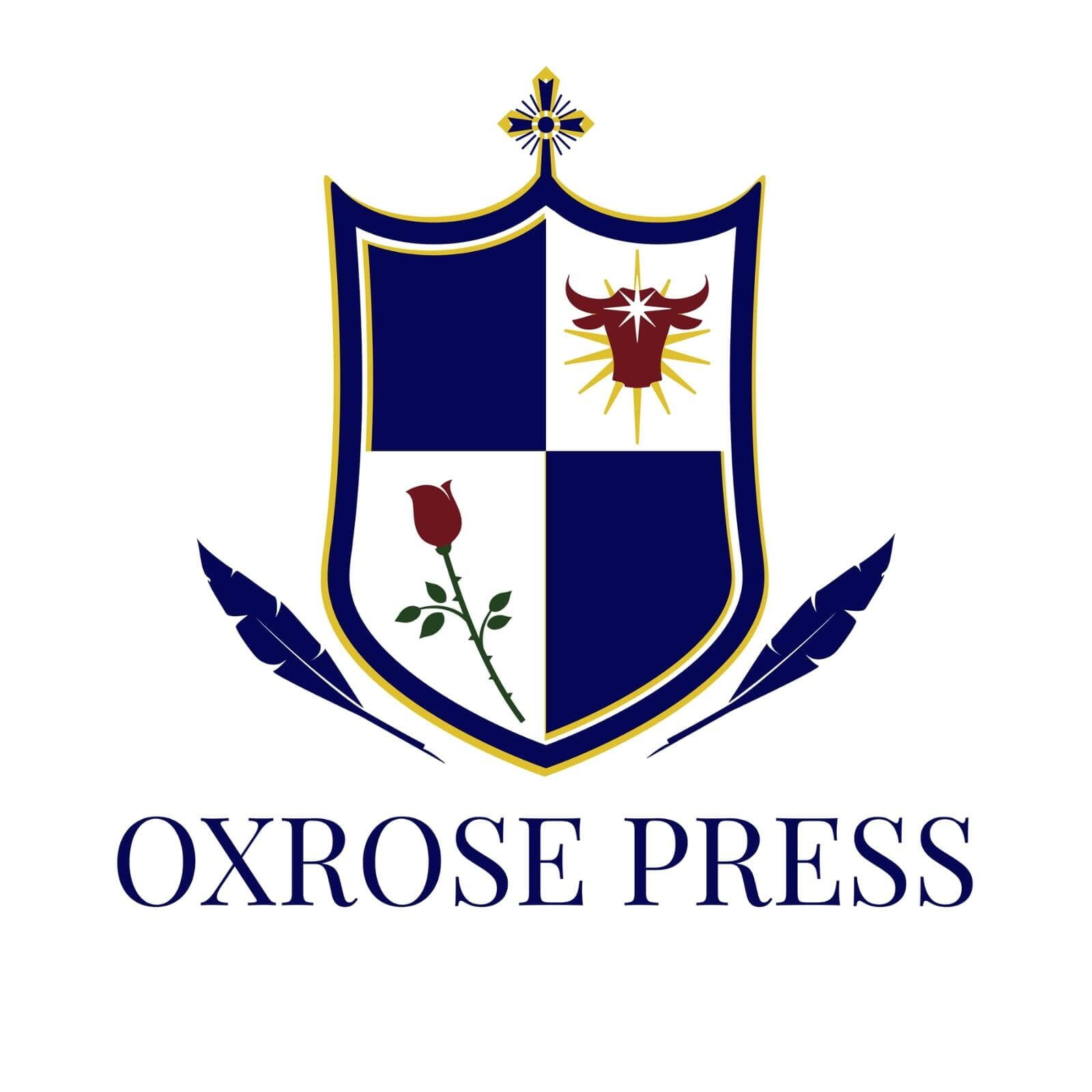
Great Books 2: The Christian Age - TNSP
Self-Paced Courses are accessed through our learning management system. The students are guided by clear weekly schedules, instructional videos, and automated assessments. Courses are written to be completed in one academic year, but students set their own pace. No grading is provided, but answer keys are available for most courses. Access is for one calendar year.
Course Description:
Our great books courses are 3-in-1 classes that integrate Literature, Philosophy, and Theology into a single reading sequence. Courses are organized by historical period, with purposeful repetition across the curriculum.
|
|
|
|
|
|
The class format is that of a "great books" seminar--students read primary works from the great authors and authoresses of Western Civilization and then discuss them in a round-table format, thus joining what has been referred to as the "Great Conversation." The students learn to read, listen, speak, relish, and dispute the true, good, and beautiful things that "our tradition" has to offer.
Though primary works are read, care is taken to see that students are not overburdened, through abridgement and editing of the works read, and by study aids. In addition to the abridged weekly readings, three complete works of literature are read throughout the year. Literary concepts and formal analysis questions form part of the weekly exercises.
History & Composition: This course is part of an integrated course cluster that includes History 2: The Christian Age and Composition 2. Self-paced and Live course options are available.
Reading List: This cycle covers the great age of synthesis from the Incarnation to the Renaissance.
Great Book Excerpts & Themes (approximate):
- Gospel of Matthew—Moral Teaching of Christ
- Gospels of Matthew, Mark, & Luke—The Most Holy Sacrament
- Gospel of John—The Divine Logos
- St. Ignatius of Antioch—The Martyr's Love
- Origen—The Intellectualization of Christianity
- Galen—Early Medicine, Modern Science, & Ancient Philosophy
- Plotinus—Beauty
- Nicean Crede—Unity of the Faith
- St. Augustine—The Lure of Evil
- St. Augustine—Knowing God & One's Self
- Boethius—God's Omnipotence & Man's Freedom
- St. Benedict—Work & Prayer
- St. Patrick of Ireland—Mission
- St. John Damascene—Summation of the Age of Doctors
- Al-Farabi—True Philosophy & the Gifts of the Islamic Tradition
- The Song of Roland—Feudalism & Fighting for God
- The Venerable Bede—Pilgrimage
- Pope Urban II & St. Bernard of Clairvaux—Crusade
- St. Jacobus de Voragine—The Golden Legend & Veneration of the Saints
- St. Peter Damian—Christian Poetry
- St. Hildegard von Bingen—Chant
- Maimonides—Cause, Science, Design, & God
- St. Francis of Assisi—Radicalism
- Chretien de Troyes—Arthurian Romance
- Roger Bacon—Experimental Methodology
- St. Thomas Aquinas—Wisdom & Divine Truth
- St. Thomas Aquinas—Reason & Faith
- Complete Works of Flannery O'Connor
- St. Luke's Narrative: Gospel and Acts of the Apostles
- Beowulf, translated by J.R.R. Tolkien
- Inferno by Dante, translated by Dorothy Sayers
Recommended Age Range: 9th grade
Prerequisites: None
Required & Recommended Books: See The Self-Paced Course Book List
Required Tech: computer and internet connection capable of video playback
Components: Reading, Agenda, Video Lecture (background on the author and concepts of which to be aware), Automated Quiz, Audio Recording of Reading, Activity Sheet (reading questions and literary concepts), Parent Guide. There are three exams per year.
ACCESS? Login credentials are emailed to you after purchase within 1-5 Business Days. Access is not automated nor immediate.
